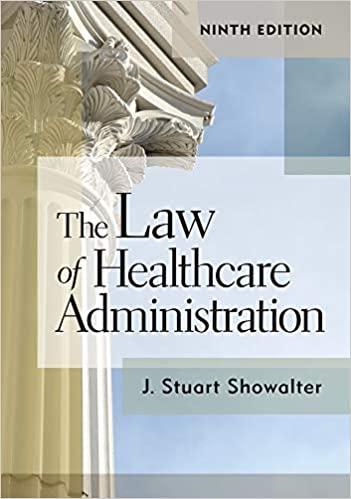This is the case of Yung Kai Luv. Univ. of Utah
the following;
Fact:
Judgment:
Issue:
Holding:
General Analysis
Applied Analysis:
(dening an integrated agreement as \"a writing . . . constituting a nal expression of one or more terms of an agreement\" and holding that an agreement reduced to writing is \"conclusively presumed\" to contain \"the whole of the agreement between the parties\"). Thus, the district court correctly ruled Utah's parol evi- dence rule would bar admission of any pre-contract verbal agree- ment to extend the appointment past May 15, 2011. Citing language in the contract limiting doctoral students to three-year teaching assistant appointments, Lu argues the district court erred in applying the statute of frauds to bar his breach of contract claim. But the language Lu relies on does not bind the parties to renewing the appointment for three years; in- stead, it simply states the outside limit on such reappointments. Thus, the district court correctly ruled that evidence of a ver- bal agreement to renew his appointment for two years after the May 2011 termination date would be barred by Utah's statute of frauds. . . . Having found no error in the district court's dismissal of Lu's complaint, we afrm the dismissal for substantially the reasons stated by the district court in its order dated October 7, 2015. Judgment afrmed. Yung-Kai Lu v. Univ. of Utah 660 Fed. Appx. 573 (10th Cir. 2016) The University of Utah entered into a written agreement with Yung-Kai Lu, a citizen of Taiwan, in May 2010, agreeing to give him a doctoral-studies scholarship in return for Lu's agreement to be a teaching assistant (the "contract"). The contract speci- fied that scholarships and teaching assistant appointments are limited to "one academic year at a time" and that Lu's appoint- ment was "a nine-month appointment beginning August 16, 2010, and ending May 15, 2011." Despite this limitation, Lu alleged that University Assistant Music Director Donn Schaefer verbally promised him that as long as he maintained a 3.00 GPA, the assistantship and scholarship would be renewed for the full three years Lu planned to study for his doctorate. In April 2011, Schaefer told Lu the contract wouldn't be renewed because the university lacked sufficient funding. According to Lu, however, he was told the contract wouldn't be renewed because of a report to university officials that he had been rude. Lu didn't re-enroll for the next academic term, and his failure to enroll was reported to immigration officials. As a result, Lu's visa wasn't extended and he was deported to Taiwan. Lu's complaint against the university and university officials in their official capacities alleged they breached the contract and verbal promises, in addition to tort claims for slander, false statements, providing inaccurate information to immigration officials, and violations of the Taiwan Relations Act and International Covenant on Economic, Social and Cultural Rights. The defendants moved to dismiss the suit on the basis that Lu's complaint failed to state any plausible claim as a matter of law. The trial court granted defendants' motion, finding Lu lacked any plausible claim under international treaties and his tort claims were barred under the Eleventh Amendment and the Utah Governmental Immunity Act. Further, the court concluded that Lu failed to allege any plausible breach of contract claims given the contract's unambiguous language as to the term of the contract. Additionally, the court reasoned that Utah's parol evidence rule and statute of frauds barred any verbal promise to extend Lu's appointment for three years. Lu made his appeal to the 11th Circuit Court of Appeals pro se. Moritz, Judge [The court dispensed with all ancillary legal allegations and To survive a motion to dismiss, a complaint must contain suf- then considered Lu's contract-based claims.] ficient factual matter, accepted as true, "to state a claim to relief Lu challenges the dismissal of his breach of contract claims. He that is plausible on its face" (citations omitted). . . . Because argues Utah's parol evidence rule doesn't apply because the con- Lu proceeds pro se, we construe his complaint liberally, but pro tract was an incomplete integrated contract. Contrary to Lu's sug- se parties are "not relieved of the burden of alleging sufficient gestion, the contract contained a complete, final expression as to facts on which a recognized legal claim could be based" (cita- the length of Lu's scholarship and teaching assistant appointment. tions omitted). See Tangren Family Tr. v. Tangren, 182 P.3d 326, 330 (Utah 2008)








